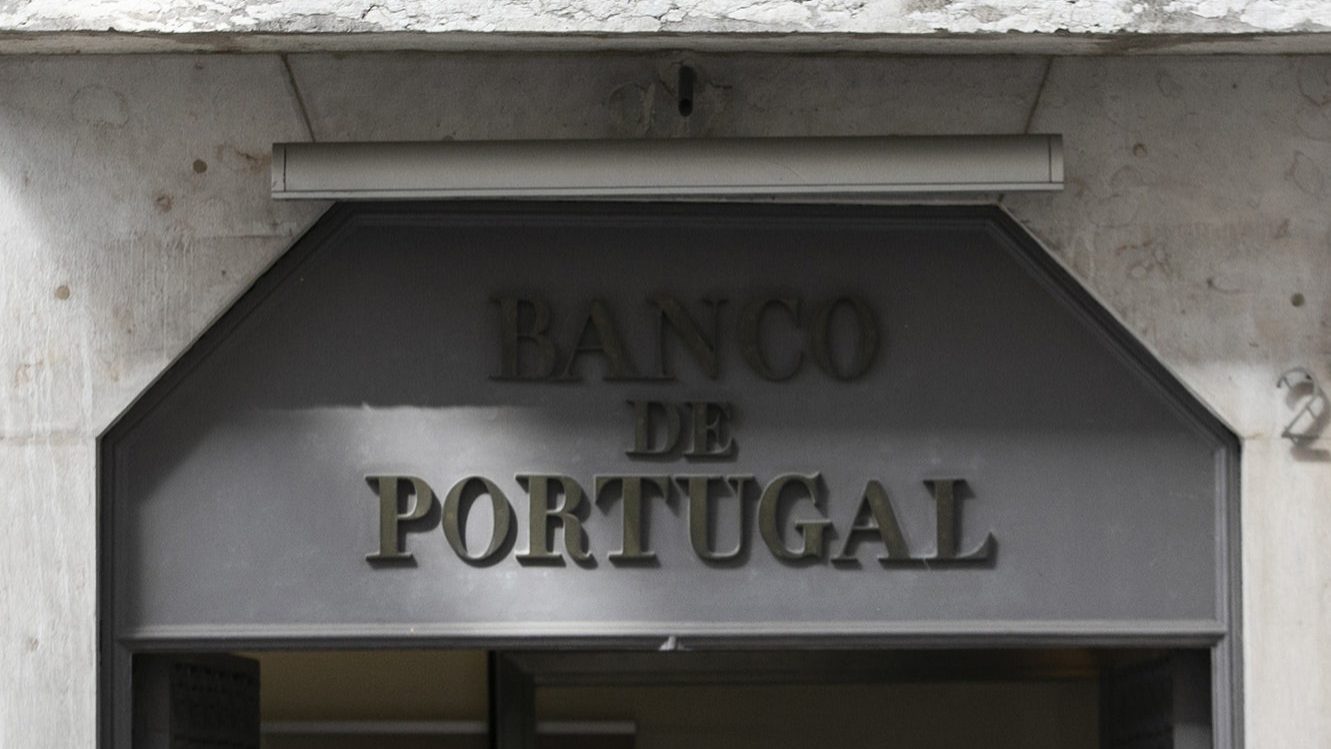IMF upgrades 2022 GDP growth forecast to 6.2%, cuts 2023 one to 0.7%
IMF projects Portugal's gross domestic product to grow by 6.2 per cent this year, an improvement on the estimate of 5.8 per cent it was estimating back in June.
The International Monetary Fund on Tuesday announced a slight upgrade to its forecast for Portugal’s economic growth this year, to 6.2 per cent, but a reduction in the one for next year to 0.7 per cent, revealing itself to be more pessimistic than the Socialist government on that measure.
In its global economic forecasts, released on Tuesday, the IMF projects Portugal’s gross domestic product to grow by 6.2 per cent this year, an improvement on the estimate of 5.8 per cent it was estimating back in June, and close to the forecast of 6.5 per cent contained in the Portuguese government’s draft state budget for 2023.
In the document, which was submitted to parliament on Monday, the government says that it expects growth to slow to 1.3 percent next year, but the IMF is more pessimistic and sees the economy expanding by just 0.7 per cent, compared with the 1.9 percent that it had been forecasting back in June.
The IMF estimates year-on-year growth in the fourth quarter of this year of 2.3 per cent 2022, and 1.8 per cent in the fourth quarter of 2023.
The institution forecasts an average inflation rate in Portugal of 7.9 per cent this year and 4.7 per cent next – higher than the respective figures of 7.4 per cent and 4 per cent pencilled in by the national government.
The IMF also projects that Portugal’s current account balance will be -1.1 per cent of GDP this year and -0.4 per cent in 2023.
In its forecasts, it also sees an average unemployment rate of 6.1 per cent this year and 6.5 per cent next.
For this year, Portugal’s own Public Finance Council (CFP) and the Bank of Portugal both forecast GDP growth of 6.7 per cent this year, while the European Commission is forecasting 6.5 per cent, and the Organisation for Cooperation and Development 5.4 percent.
For next year, the CFP forecasts 1.2 per cent, the Bank 2.6 per cent, the European Commission 1.9 per cent, and the OECD 1.7 per cent.


